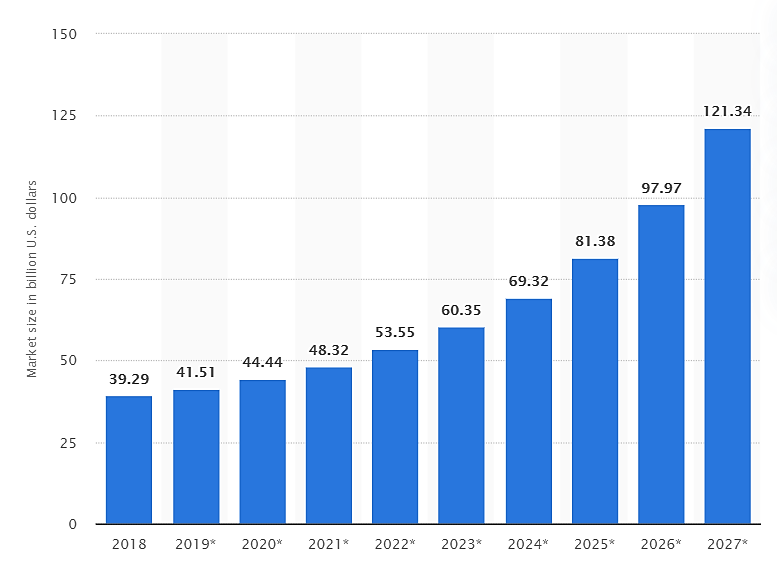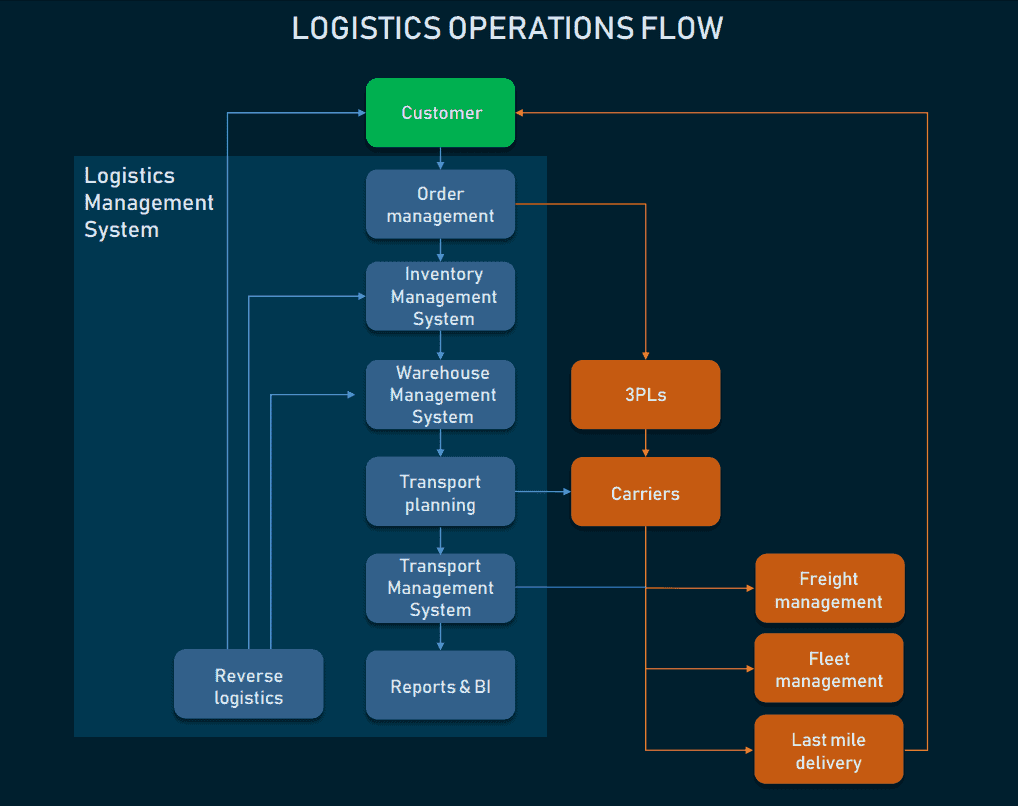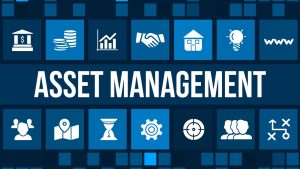The term ‘Logistics’ is a common buzzword in the everyday lingo of a person who is familiar in the industrial context. Logistics addresses the structured coordination and implementation of efficient transport mediums and storage facilities of moving resources. Logistics can refer to transporting equipment, inventory, raw materials, or any other resource or consumable from manufacturing plants to the end consumers’ point of consumption. The need to comprehensively understand the impact logistics is vital for its influence span in diverse manners- in a corporate-level, in a national-level or even on a global scale. Many industrial sectors are directly affected by logistics’ efficiency, making logistics a buzzworthy topic in our age.
The efforts exerted by enterprises and utility service companies to streamline these flows of components are all integral in ‘Logistics Management’. Competent Logistics Management drafts, implements and conveniently controls the mobility of these transport routes in both ways;
- Forward Flows (from manufacturers to end-consumer), and
- Reverse Flows (from end-consumer or supplier to the manufacturer; instances where returning damaged goods or returning goods for servicing, decommissioning or refurbishing),
must both be easily managed and optimised to fit the customer demands precisely. Some professional logistics outsourcing companies administer a gamut of transportation mediums from planes, jets to trucks when their clients need specific transportation services for their goods. Since any business would be accommodated in an ecosystem that is collaborated amongst a myriad of other companies to sustain in the unpredictable market fluctuations, understanding logistics and how it directly affects any business’s bottom line is crucial to remain relevant in complex ecosystems. Let us go into detail of the components that comprises logistics processes to learn what logistics means to a business. Logistics Management is a complex process since it tackles a variety of business sectors and entities simultaneously. However, the functions of logistics management can be sectioned into categories, as shown below.
- Fleet management
- Order fulfilment
- Inbound transportation
- Outbound transportation
- Materials handling
- Warehousing
- Demand planning
- Inventory management
As mentioned above, it is important to note that Logistics Management focuses more on the on-prem functions regarding elevating the production quality standards and the organisation’s propensity to tailor efforts to meet customer demands within the business. Logistics is the sector of your company that is determined by asking questions like:
- What is the fastest and most cost-efficient way to deliver products?
- How will the company manage reverse logistics?
- What is the nature of production- on-prem manufacturing or outsourcing?
- How optimally is the inventory being managed in the company?
- How can Technology elevate the current capabilities of logistics?
The ambiguity between Logistics and Supply Chain Management
Logistics Management elevated by Technology
Statista.com posted the annual global market size of the automating logistics industry from 2018 to 2027. Logistics automation refers to how logistics operations harness the power of technology to automate machinery to improve the logistics operations subsequently. Fascinating it shows significant increases by every passing year. In 2018, the market size of global logistics automation was USD 39.29 billion. However, with the adoption of industrial robots, they have estimated the same market size to proliferate up to USD 121.3 billion, which is a great amplification

In the digital age, manufacturing enterprises are compelled to meet disruptions after disruptions by every day. This is why digitalisation of logistics is now mandatory to wield operational excellence in a business. This is why the global demands of automated logistics systems keep hitting higher market sizes every year. However, IT systems ensure that an organisation’s warehousing and transportation capabilities are elevated to meet the standards expected by the consumers; they play a pivotal role in influencing the value delivery for clients. Also, Logistics Management Systems mitigate all supply chain providers’ contributions in the ecosystem of an organisation- such as manufacturers, tertiary service providers, carriers, and more.
Logistics Management Systems is the most value-adding solution that assists organisations to manage operations such as:
- Managing transportation for shipments
- Discovering the most convenient routes and maps for fast delivery
- Managing the warehouse capabilities in and out and more.
- Coordinate and fully manage the inventories throughout distribution routes
- Anticipate the aggregated customer demands for better delivery capabilities
- Tracking the real-time statuses of job orders and more
Logistics systems have digital instruments and integrative software modules to manage the logistics operations flow end-to-end. Given below are the aspects that a capable Logistics Management system would be well geared in managing.







